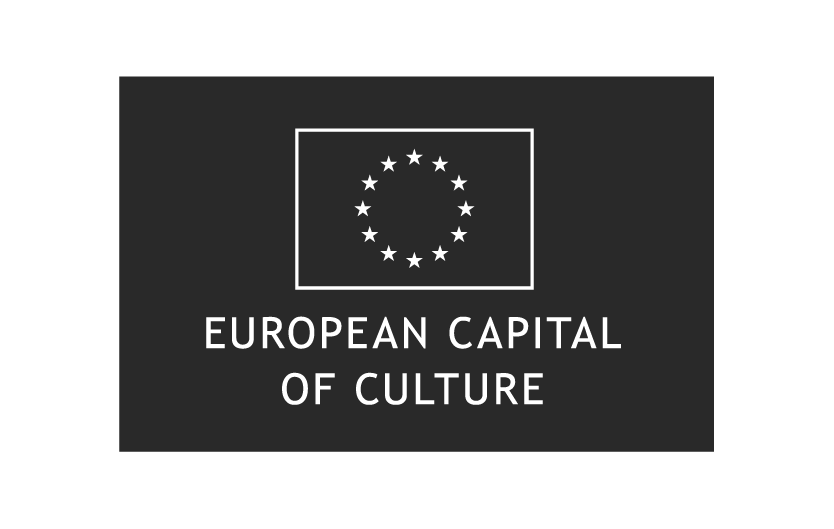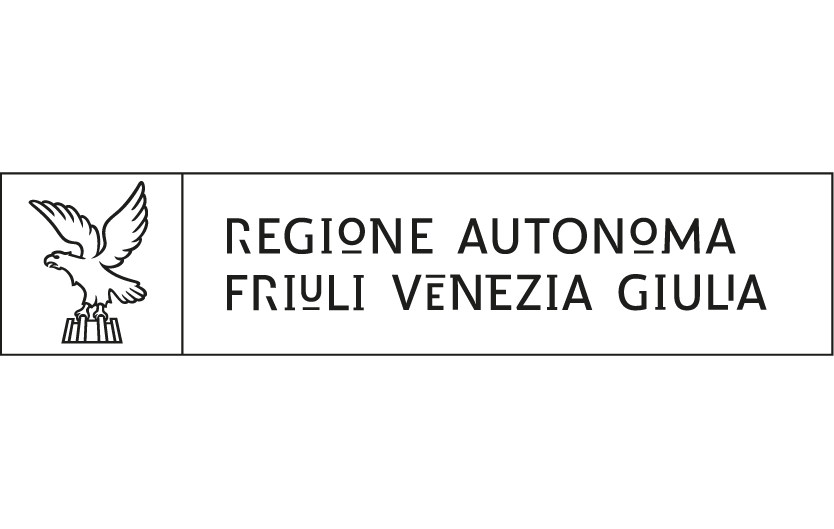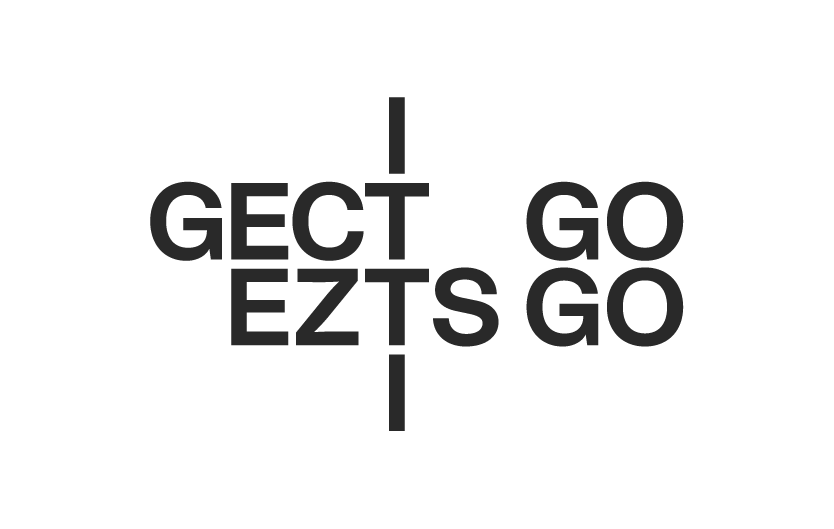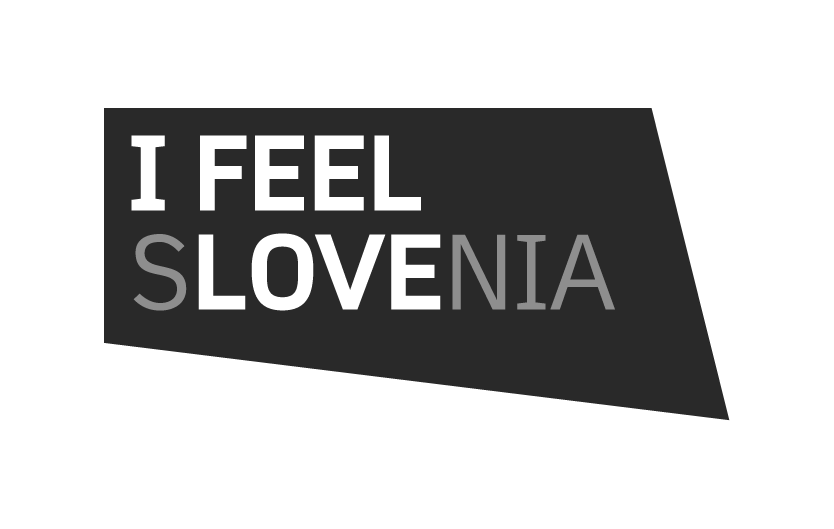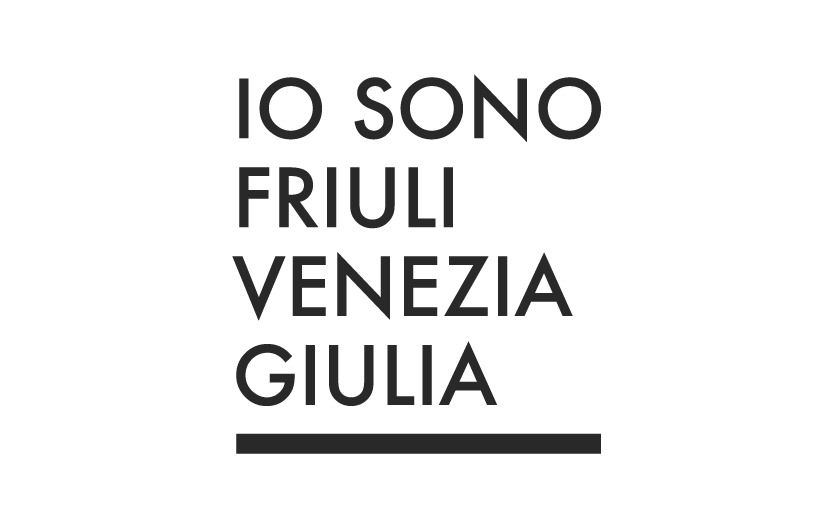24/07/2025

Céline Sciamma is this year’s recipient of the Author’s Award for Best Screenplay at the Sergio Amidei Festival, on the festival:
It’s rare to find an award with a soul. This one carries, first of all, the soul of Sergio Amidei, but also the soul of the wonderful team behind the award, of Kinomax, of the jury. An award with a soul creates community. I’m happy to be part of this story, and I thank you deeply.
Beyond the personal recognition, which gives me courage to keep going, this is a chance to reflect on cinema itself, and to celebrate the unique power of this language—to express, and to influence.
Looking back, I’d say the question at the heart of every film, the one that is always present, is: what can cinema do? That’s the question I love returning to, the one that guides me. To imagine the films of the future, yes, but also to think about its power and responsibility.
These days, that’s often painful. Right now, the most important cameras are in Palestine, filming the genocide of the Palestinian people. They’re in Ukraine. They’re in Calais, filming the French police slashing refugees’ dinghies with knives. They’re in Los Angeles, filming ICE raids. The most important cameras today are in the hands of those who resist, of witnesses, of victims—in the hands of the oppressed. So what can imagination do in a moment like this? What can fiction cinema do, with its growing ability to create illusions we believe in? I think a lot.
But also very little. And that makes sense. Cinema is an art born in the twentieth century, shaped by capitalism, industrialization, and the conflicts—world and colonial—that defined it. An art made inside an industry will always struggle to imagine another world. It’s very hard to chart a path of revolt within a system, especially if you choose gentleness.
And yet cinema sees itself as resistant, always fighting—even against the collapse of its own economic model. That exhausts it, distracts it, stops it from exploring. Understandable, yes. But if cinema were to vanish overnight, it would still leave behind the archive of everything that led us there. So what is the project of an illusion that only reflects the world producing it?
I think of all the alternative imaginaries, the other worlds we sometimes inhabit—through reading, through love, through building communities. I think of feminist science fiction writers: Mary Shelley, Octavia Butler, Ursula K. Le Guin, Françoise d’Eaubonne, Anna Rinonapoli. For a long time they’ve done the work of imagining different worlds. Strangely, they’ve never been adapted for cinema.
Italian cinema—from public funding to cultural spaces—is now systematically under attack by Giorgia Meloni’s government. Think about it: they wouldn’t try to silence cinema if it had no power to transform.
I wish us all courage. And I thank you dearly.
